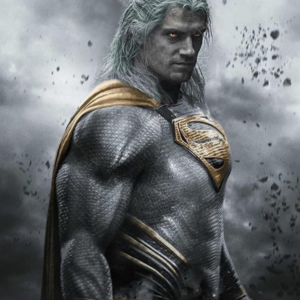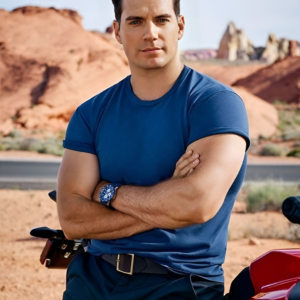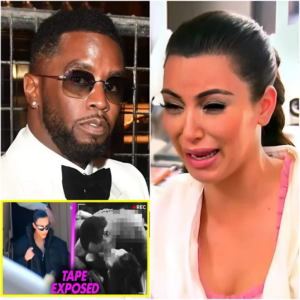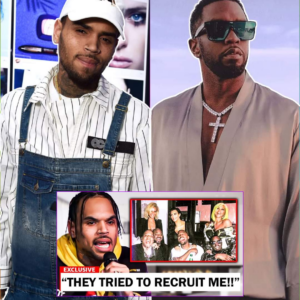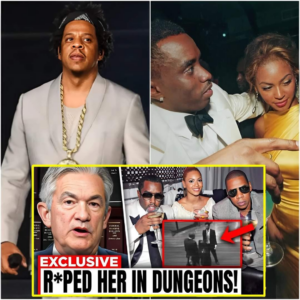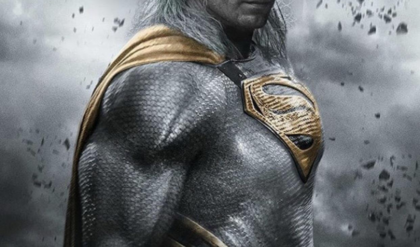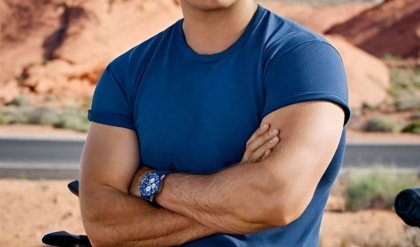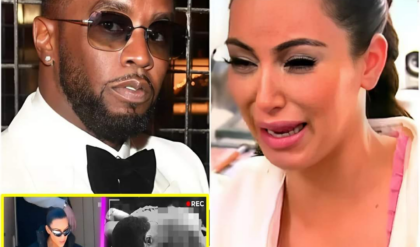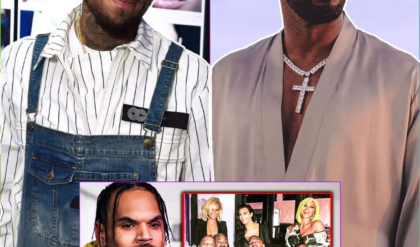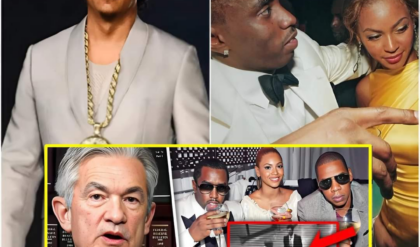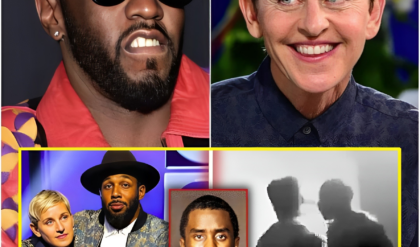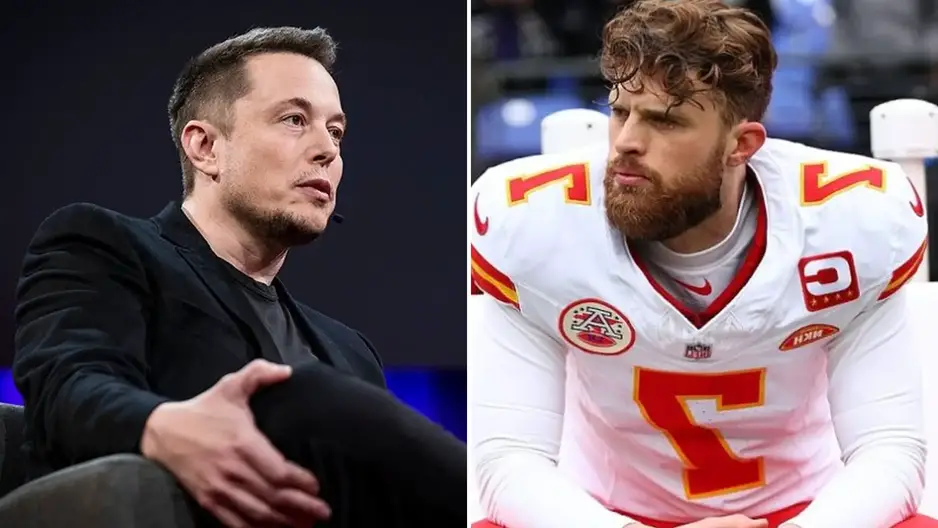
In a turn of events that intertwines the worlds of sports, culture, and business, Elon Musk has publicly declared his support for Harrison Butker, the Kansas City Chiefs kicker whose recent speech has sparked widespread debate. Musk, known for his assertive presence in the tech industry and frequent forays into public discourse, extended his support via Twitter, affirming his stance on freedom of speech and aligning himself with Butker’s right to express personal views.
Harrison Butker’s contentious speech at Benedictine College in Kansas drew sharp lines among supporters and critics. He addressed a variety of topics, including abortion, LGBT Pride, and what he termed as “degenerate cultural values,” sparking a fiery debate on social media and among public figures. His remarks, which also criticized the current administration and voiced support for traditional gender roles, led nearly 160,000 people to sign a petition demanding his dismissal from the NFL.
Elon Musk’s tweet, “I stand with Harrison and freedom of speech,” not only catapulted the discussion into a wider arena but also underscored the Tesla CEO’s consistent advocacy for unrestricted speech. Musk, who has himself been at the center of various controversies related to his statements and decisions, positioned his support for Butker as a matter of principle, emphasizing the importance of upholding the First Amendment.
The NFL had previously distanced itself from Butker’s remarks, clarifying that his opinions were expressed in a personal capacity and do not reflect the league’s views. This stance is part of a broader attempt by the league to navigate the complex waters of personal expression within a corporate framework, aiming to maintain neutrality in an increasingly polarized social climate.
The response to Musk’s endorsement of Butker has been as polarized as the reaction to the original speech. Supporters of Butker and Musk applaud the move as a brave stand for personal liberties, celebrating their willingness to speak out against what they see as prevailing biases in the media and cultural sectors. Critics, however, argue that Musk’s support could embolden divisive rhetoric under the guise of free speech, potentially normalizing what they consider harmful ideologies.
The intersection of Musk’s statement with Butker’s speech highlights a critical dialogue about the boundaries of free speech, particularly concerning public figures in influential positions. It raises questions about the role of employers, like the NFL, in regulating or responding to the off-field behavior of their players, especially when such behavior sparks public outrage or support.
A key element of this controversy is finding equilibrium between an individual’s right to free speech and an employer’s right to maintain certain standards and values. This is especially sensitive in high-profile sectors like professional sports and technology, where personal beliefs can influence public opinion and brand integrity.
As the debate continues, it is expected to further stimulate discussions on freedom of speech, the duties of public figures, and the influence of social media on public dialogue. For Elon Musk, this represents another engagement with societal and cultural issues, mirroring his wider goals to shape not only technological advancements but also global conversations.
Elon Musk’s backing of Harrison Butker highlights the intricate relationship between free speech, corporate accountability, and cultural impact in contemporary society. Regardless of one’s stance on Musk and Butker, this situation is a critical example of the interplay in modern public life, where sports, business, and social matters constantly converge and spark debate. As we navigate these challenges, the dialogues initiated by individuals like Musk and Butker are sure to significantly influence our collective perspective on the boundaries of free speech.
News
Henry Cavill’s Witcher & Superman Replacement Already Avoided The Mistake That Killed The Original Franchise – S
Henry Cavill already has a replacement for The Witcher and Superman thanks to his role in the Highlander reboot, and this is already avoiding the mistake that killed the original franchise. Henry Cavill is one of the most popular action stars thanks to his roles in movies…
Goodbye DC and Superman, Henry Cavill reveals his favorite role if he joins MCU – S
Henry Cavill has expressed his favorite role if he has the opportunity to collaborate with Marvel Studios. Henry Cavill has officially said goodbye to the role of Superman after the DCEU ends at the end of 2023 to open a…
Kim Kardashian Goes Into Hiding After Freak0ff Video Of Her And Diddy Gets Leaked Ok, so things just got a whole lot messier for Diddy. The world witnessed him in his true form as a video of him putting his hands on Cassie made rounds on the internet. – S
It made a lot of folks hella uncomfortable. But as Diddy’s future started to look grim, he thought of a strategy. What’s worse than Diddy being exposed for his crimes? Fans discovering names of beloved celebrities who knew about…
Chris Brown LEAKS The List Of Major Names INVOLVED in Diddy’s Ab*se! | DIDDY IS DONE! – S
**Diddy’s Troubles: Allegations and Revelations** Sean “Diddy” Combs, the music mogul behind Bad Boy Records, finds himself embroiled in a storm of controversies and allegations that threaten to tarnish his reputation irreparably. The latest revelations, sparked by comments from…
HOT NEWS: The Feds LEAK New EVIDENCE of Jay Z P!MPING Beyonce To Diddy?!? – S
The Feds LEAK New EVIDENCE of Jay Z P!MPING Beyonce To Diddy?!? Amidst the swirling vortex of celebrity gossip and scandal, a bombshell revelation has sent shockwaves rippling through the entertainment industry. The latest development involves none…
Kanye Leaks Footage Of Drake Getting Clapped By Lucian Grainge – S
Kanye Leaks Footage Of Drake Getting Clapped By Lucian Grainge Girl, Kanye is back at exp0sing shady celebs, and y’all know that whenever Drake spills the tea, he ALWAYS comes correct with the tea. He has a track history…
End of content
No more pages to load
